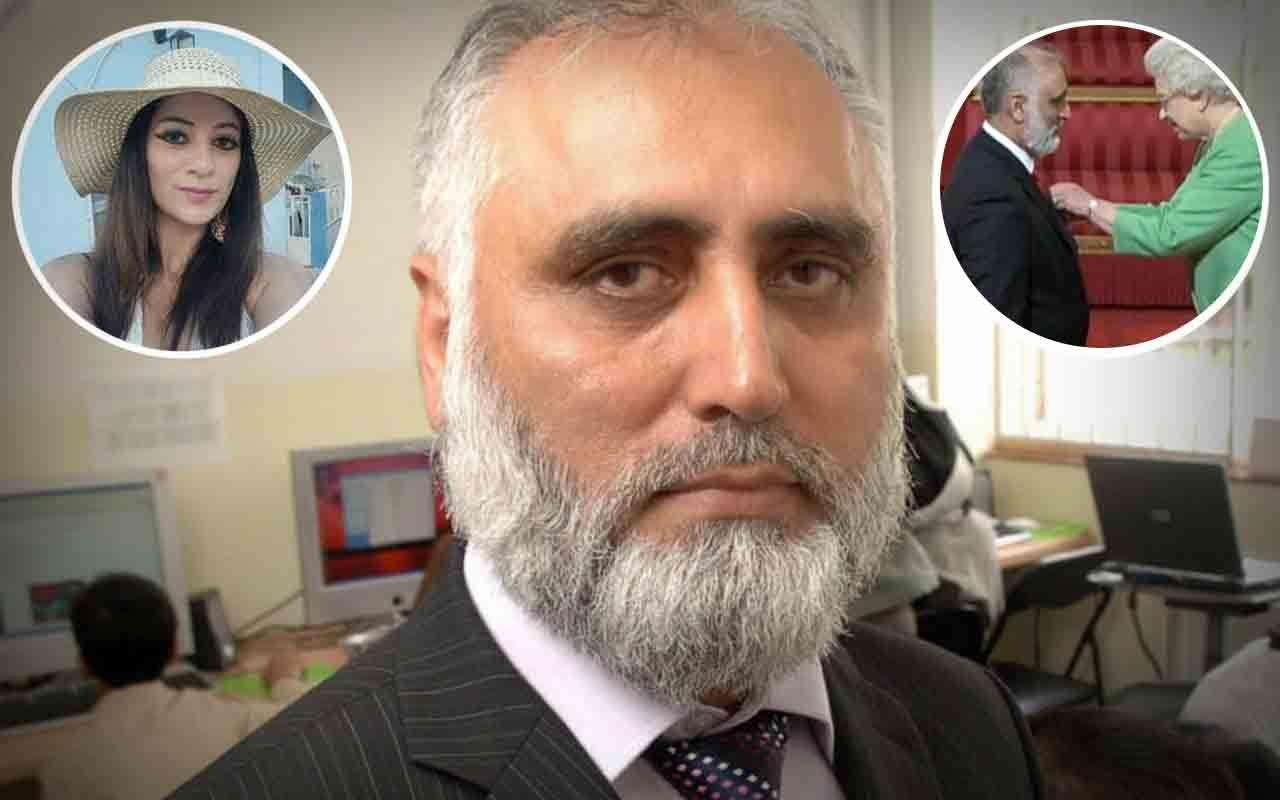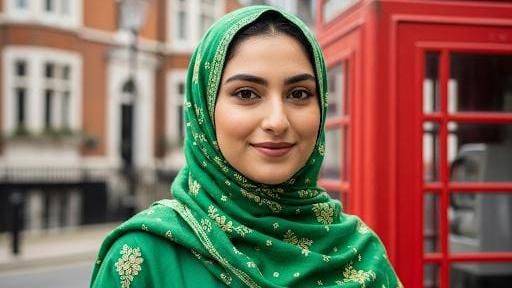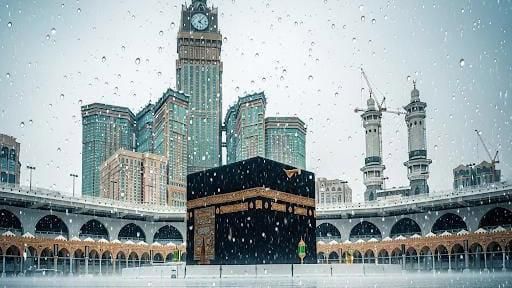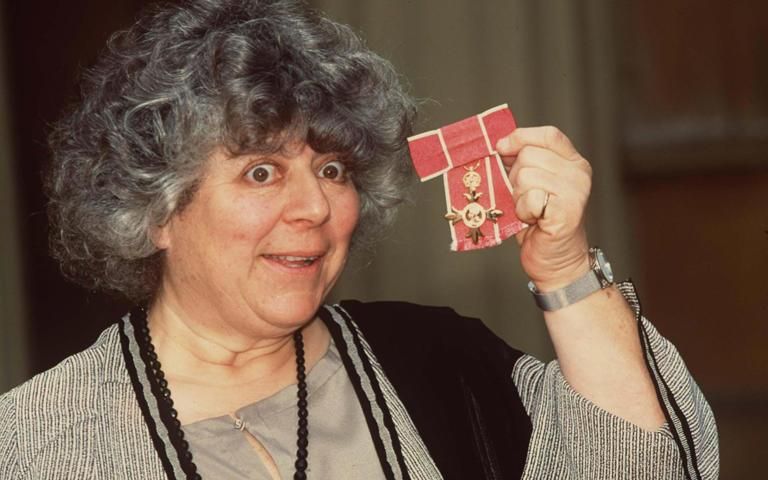Muslim women across the United Kingdom are unequivocally asserting their right to wear the hijab as a symbol of freedom and empowerment, directly challenging a recent YouGov poll that highlighted significant public misconceptions. The survey, commissioned by the Ahmadiyya Muslim Community earlier this month, revealed that almost half of Britons (49%) believe Muslim women are pressured into wearing the head covering, while only a quarter (26%) view it as a personal choice.
These findings resonate deeply with the experiences shared by thousands of Muslim women currently gathering at Jalsa Salana UK, the country's largest Muslim convention, held from July 26th to 28th, 2025, at Hadeeqatul Mahdi in Hampshire. Attendees, including over 6,000 female volunteers running a vast tent city, are emphasizing that their decision to wear the hijab is a deeply personal and liberating one, stemming from faith and identity, not coercion.
Dr. Munazzah Chou, a 40-year-old ophthalmologist and a dedicated Jalsa Salana volunteer, explained her journey: "There are many choices we make every day. I have made the choice to wear the hijab, as an expression of my religious beliefs." Her perspective is echoed by Dr. Maleeha Mansur, a 36-year-old obstetrics and gynaecology registrar and teaching fellow at the University of Oxford, who found the poll results "disheartening, because I wish people would listen to how Muslim women actually feel."
For these women, the hijab is a powerful statement of self-determination. Dr. Chou elaborated, "Wearing the hijab is a choice like any other, and the hijab enables us to feel spiritually grounded in a world that is materially oriented." Dr. Mansur added, "It’s empowering because when I’m going about my day to day life, I don’t have to think or worry about appearances – I don't think that’s the most important thing. It’s empowering because I choose who gets to see my beauty and who doesn’t."
The YouGov survey also cast a spotlight on broader societal attitudes, with a majority (53%) of Britons believing Islam is not compatible with British values, and almost a third (31%) linking Islam to the promotion of violence. These statistics reveal a concerning gap in public understanding, which speakers at Jalsa Salana are actively working to bridge. The annual convention, attended by an estimated 43,500 people this year from across the globe, explicitly celebrates the compatibility of Muslim faith with British identity, symbolized by the raising of the Union Jack alongside an Islamic flag.
His Holiness Mirza Masroor Ahmad, the Caliph and worldwide head of the Ahmadiyya Muslim Community, addressed the women's section at Jalsa Salana, affirming the extensive rights Islam grants women, directly challenging misconceptions of oppression. He emphasized that women should not be swayed by allegations that Islam abuses them, and that if men exceed their bounds, they are acting against Islamic teachings.
Dr. Chou attributes much of the misunderstanding to media narratives. "Public perceptions are not formed in a vacuum. I do think that media coverage of Muslim women perpetuates the idea that we are ‘other’ rather than fully fledged members of society.”
This sentiment is supported by recent reports, including one from July 2025, highlighting systemic bias and Islamophobia faced by Muslim women in the UK media industry, leading to tokenism and limited career progression.
Iffat Mirza-Rashid, a 26-year-old doctoral student at Cambridge University, views the hijab as a form of resistance against societal pressures. "Look at society today – there’s a lot of pressure on women to look a certain way. The hijab is a powerful response and resistance to that sort of pressure. It encourages the people around us to see us for who we are, rather than what we look like – and that’s really empowering.” She powerfully concludes, “It’s just a piece of cloth – but then it’s so much more, because it’s a reflection of your beliefs. It’s powerful to be able to express your beliefs because you can make a certain statement about who you are and what your priorities are.”
The Ahmadiyya Muslim Community continues to engage in extensive public outreach, including charitable initiatives and interfaith events, to foster understanding and challenge negative stereotypes. Just recently, in June 2025, the Ahmadiyya Muslim Women Association donated a large quantity of hygiene products to combat hygiene poverty, and a "Beacon of Peace Walk" raised thousands for British charities, demonstrating the community's active contribution to British society.








.svg)


